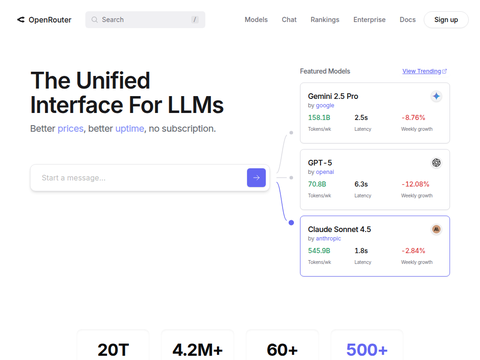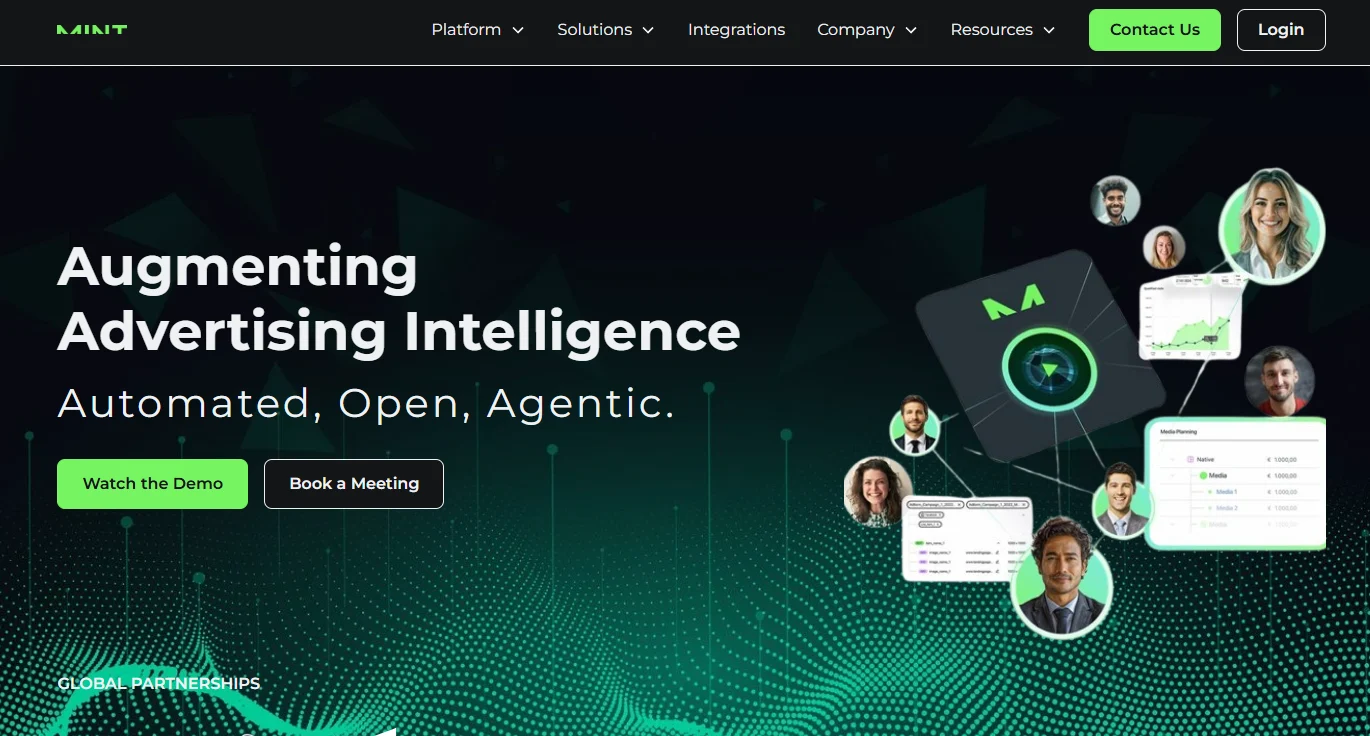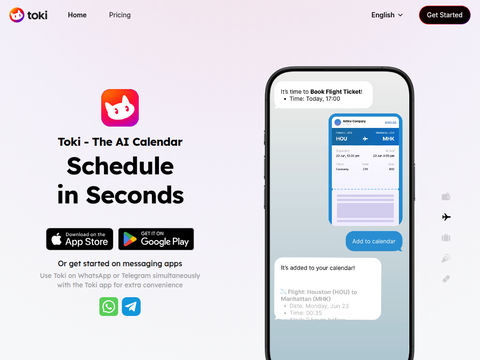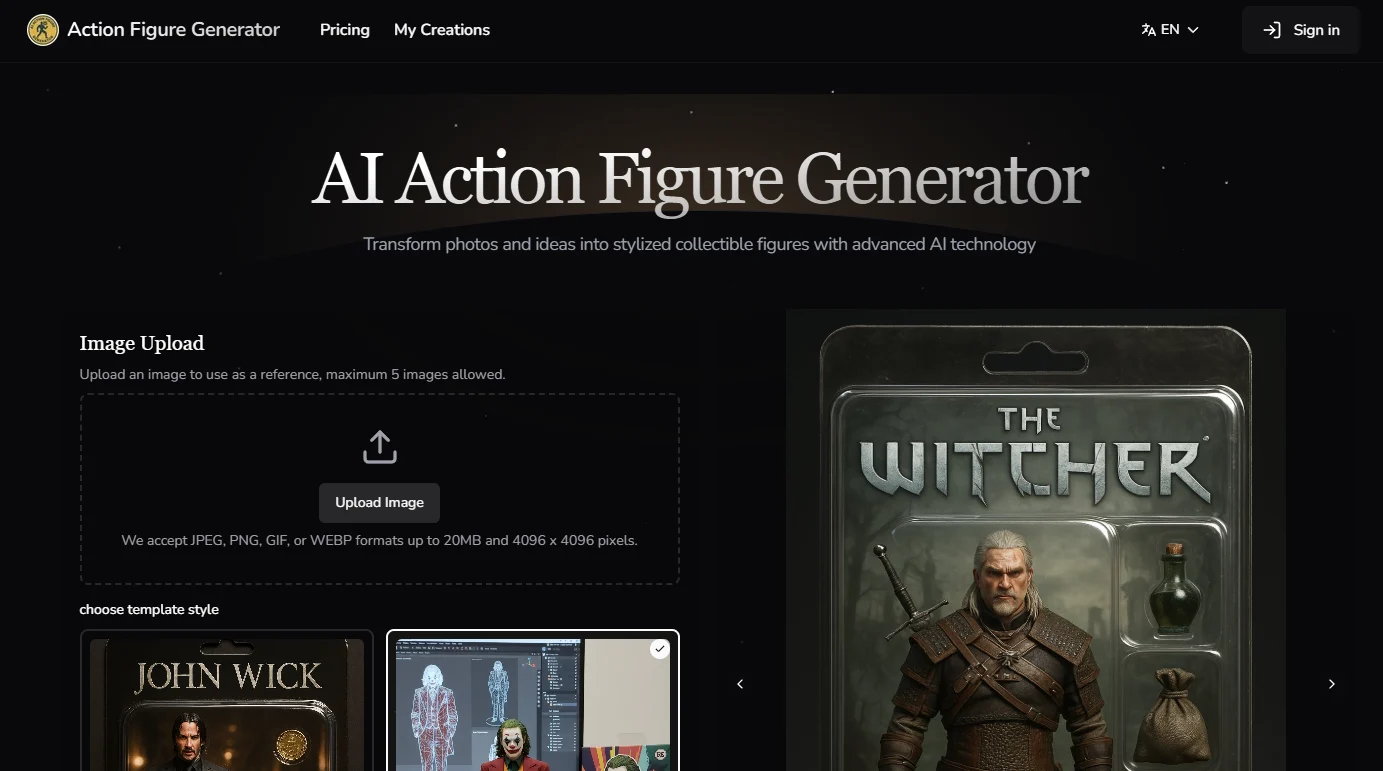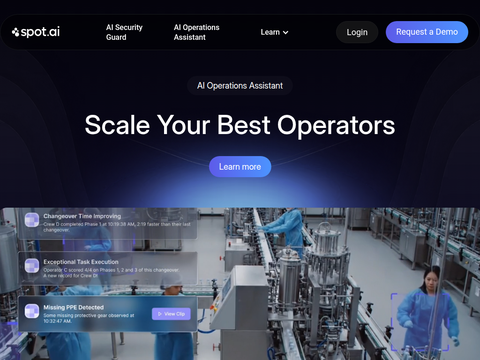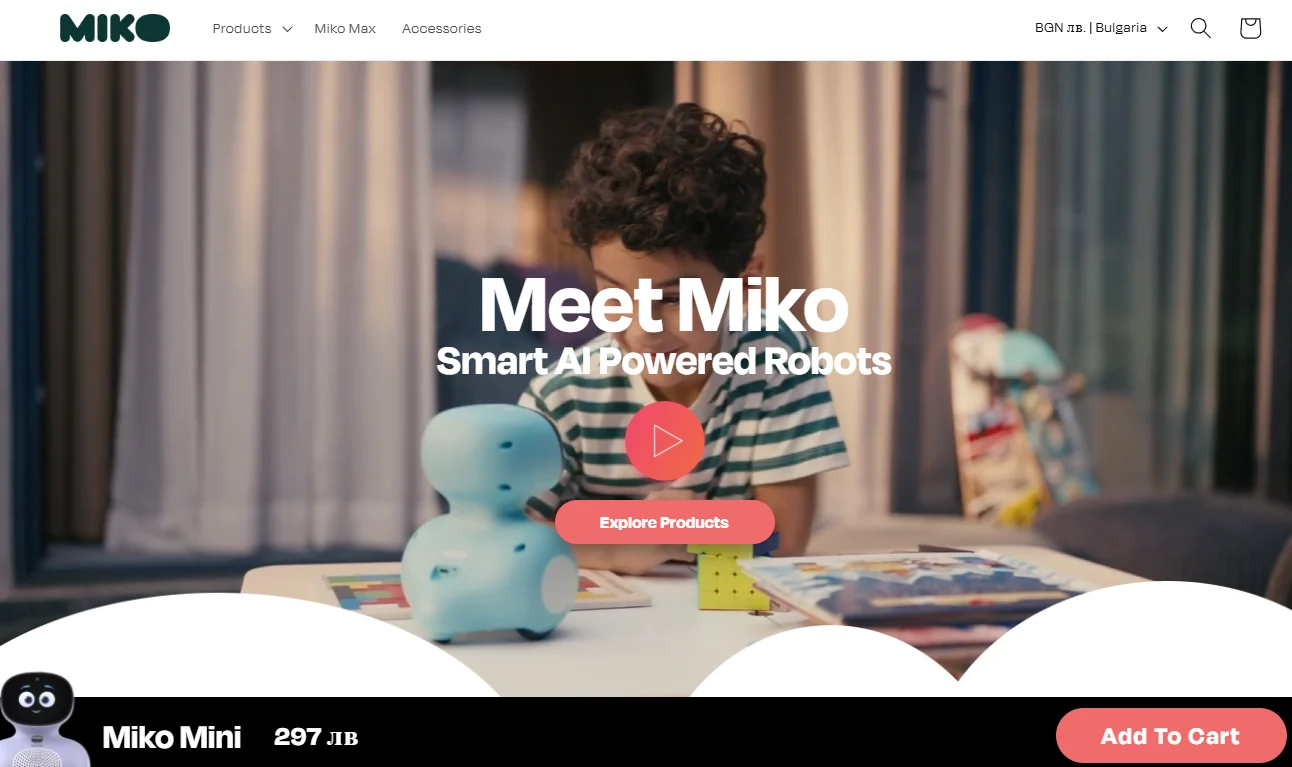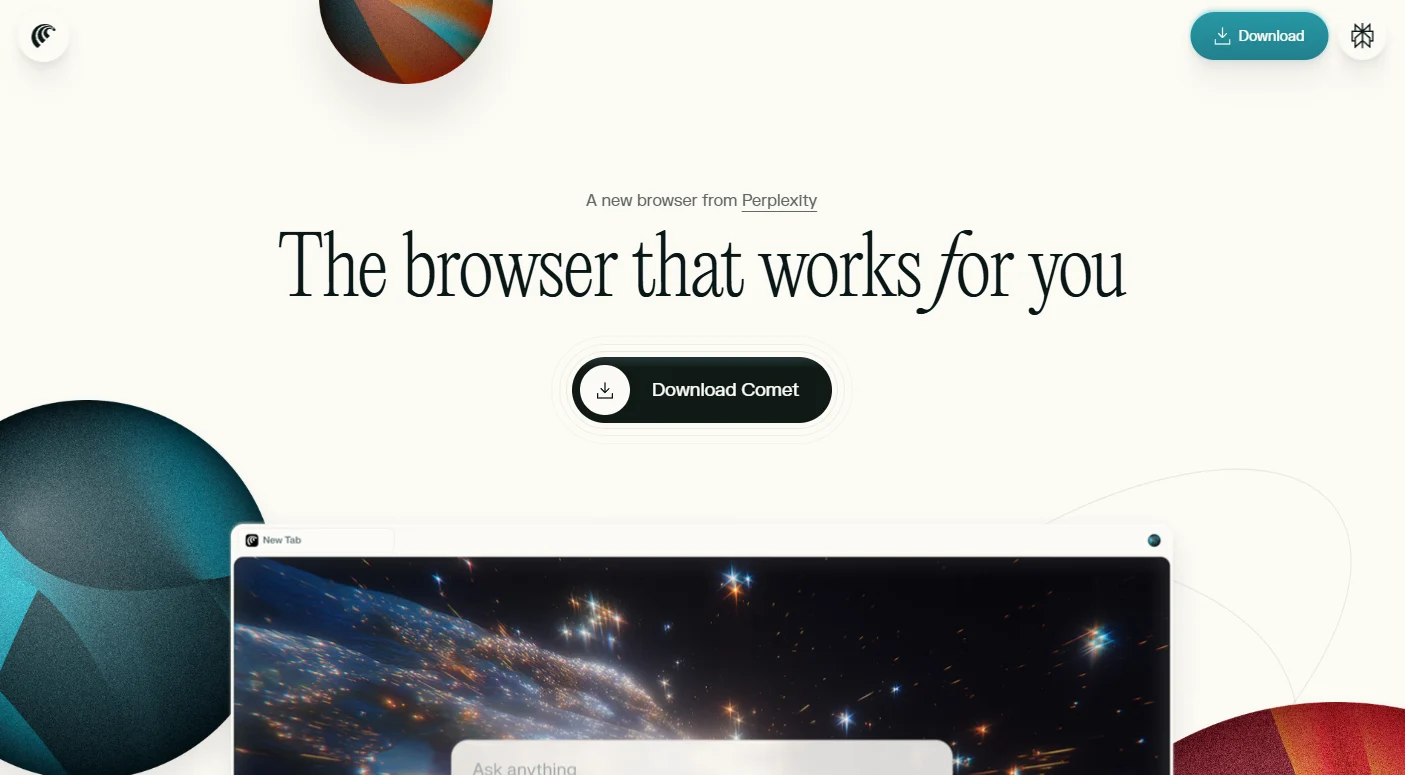Recently, DeepMind and Isomorphic Labs announced that they are releasing the source code and model weights of AlphaFold 3 to the academic community. This decision follows the 2024 Nobel Prize in Chemistry awarded to the system's creators, Demis Hassabis and John Jumper. The open-sourcing represents a significant shift in DeepMind's initial release strategy.
AlphaFold 3's key advancement over its predecessors lies in its ability to simulate interactions between proteins and other molecules, which is crucial for understanding how drugs operate at the molecular level. Previously, DeepMind chose to host AlphaFold 3 on a closed-access server to balance research needs with safeguarding commercial objectives, particularly in collaboration with Isomorphic Labs, which focuses on practical drug design. This approach has faced criticism from the scientific community for restricting direct access to scientists and hindering the drug discovery process.
Until recently, AlphaFold 3 was limited to non-commercial use, requiring users to access it via alphafoldserver.com. In response to widespread criticism from the scientific community, DeepMind pledged to provide an open-source version within six months and has fulfilled this commitment. Now, academic researchers can not only download all the code necessary for AlphaFold 3 inference but can also apply to obtain model parameters, provided these resources are used solely for non-commercial research purposes.
Under the new terms, the model weights of AlphaFold 3 are accessible only to researchers with an academic background, requiring a request and a commitment to use them solely for non-commercial purposes. Additionally, the use of AlphaFold 3's model parameters or its outputs for commercial activities, including training similar biomolecular models, is explicitly prohibited to ensure that DeepMind maintains a certain degree of control over the technology's commercialization.

